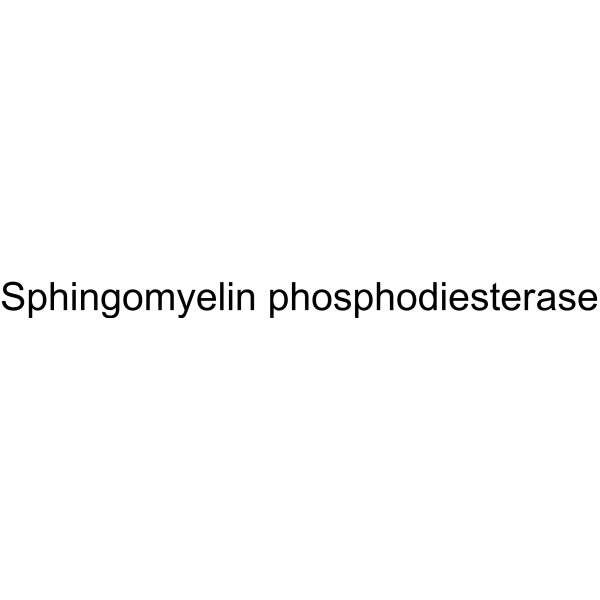| Structure | Name/CAS No. | Articles |
|---|---|---|
 |
SPHINGOMYELINASE
CAS:9031-54-3 |
|
 |
Tocopherols
CAS:1406-66-2 |